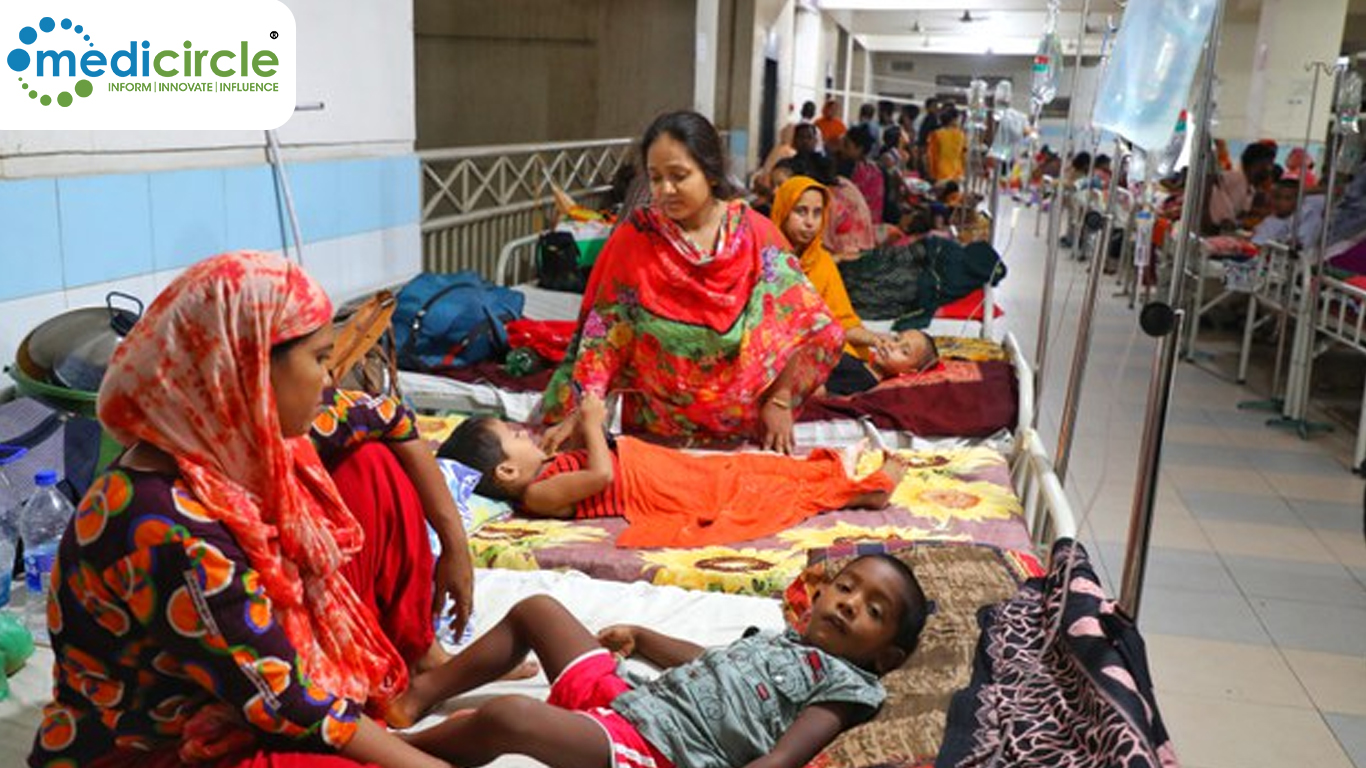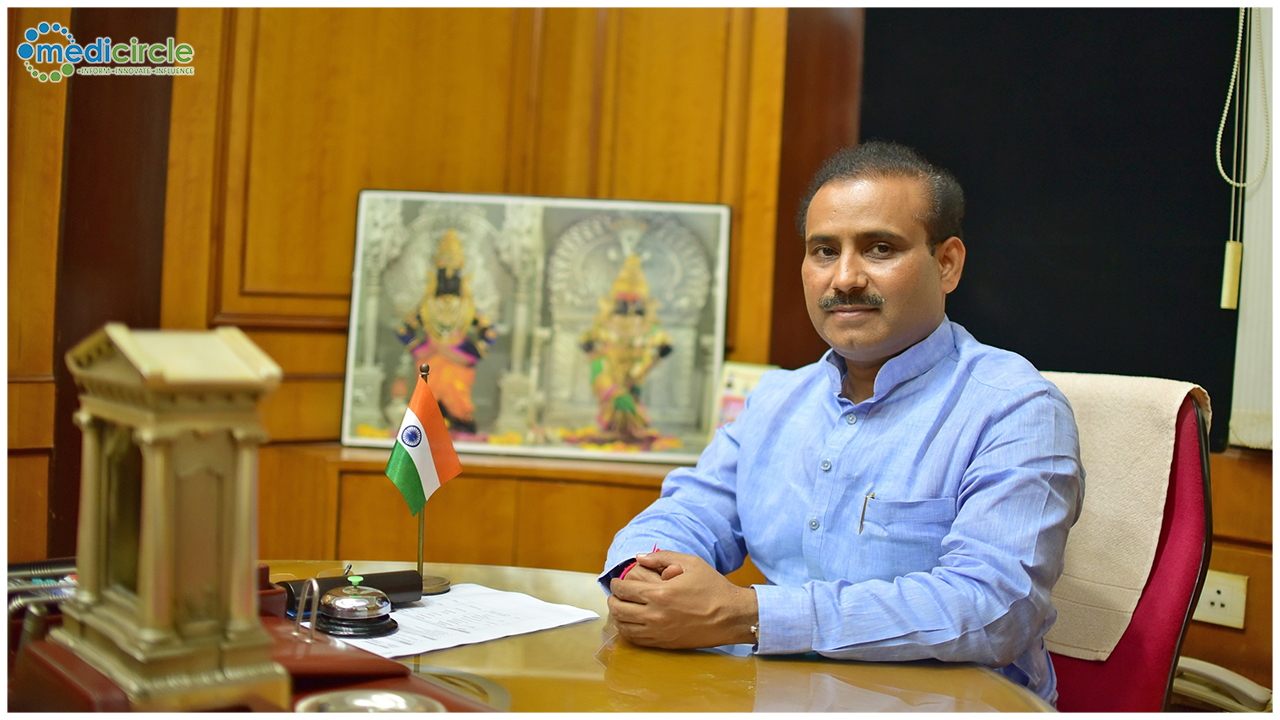In the bustling city of Delhi, the monsoon season brings more than just rain. It also ushers in the season of dengue, a mosquito-borne viral infection that poses a significant threat to public health. As cases begin to rise, the Delhi government is stepping up its efforts to combat the spread of the disease and ensure that all necessary precautions are in place. The city's health infrastructure, which has been strained in recent years, now faces the challenge of controlling yet another public health crisis.
Delhi's Health Minister, Saurabh Bhardwaj, has taken a proactive approach, directing a series of measures to tackle the dengue outbreak. His focus has been on equipping government hospitals with the necessary resources to handle the influx of dengue cases. However, despite these directives, Bhardwaj has expressed concern over whether these steps have been fully implemented. The urgency of the situation has led him to consider personally visiting hospitals to ensure compliance and address any gaps in the city's preparedness.
One of the key strategies emphasized by the Health Minister is raising public awareness. In a city as densely populated as Delhi, preventing the spread of dengue requires collective action. Bhardwaj has called for warnings and awareness announcements to be made across metro stations, bus stations, and other public transport hubs. These announcements aim to educate the public on dengue prevention measures, such as avoiding stagnant water, using mosquito repellents, and seeking medical attention at the first sign of symptoms.
The importance of fully equipped government hospitals cannot be overstated. With dengue cases on the rise, the pressure on hospitals increases, making it crucial that they are prepared to handle the situation effectively. Bhardwaj has directed the health secretary to visit one government hospital each day to ensure that all necessary dengue-related equipment, such as mosquito nets, insecticides, and diagnostic tools, are readily available. However, uncertainty looms over whether these visits have commenced. The Health Minister's commitment to ensuring that these measures are in place reflects the gravity of the situation.
Dengue is not a new challenge for Delhi. The city has faced numerous outbreaks in the past, and each time, it has been a race against time to prevent the disease from spiraling out of control. The AAP government's efforts to combat dengue are part of a broader strategy to improve the city's healthcare system, which has often been criticized for its shortcomings. Bhardwaj's emphasis on ensuring that hospitals are fully equipped is a step in the right direction, but it is only part of the solution.
The minister's frustration is evident as he points out the challenges within the system. Bhardwaj has raised concerns about the lack of coordination and the bureaucratic hurdles that often hinder timely actions. The Health Minister's claims highlights the complexity of the situation.
Despite these challenges, the Delhi government remains committed to addressing the dengue outbreak and strengthening the city's healthcare infrastructure. The focus on preventive measures, such as raising public awareness and ensuring that hospitals are fully equipped, is a crucial part of this effort. However, the effectiveness of these measures will ultimately depend on the ability of the government to overcome internal obstacles and work together to protect public health.
As Delhi braces itself for another dengue season, the stakes are high. The city's residents are counting on their government to take swift and effective action to prevent the spread of the disease and ensure that those affected receive the care they need. Bhardwaj's proactive stance on the issue is a positive step, but it will take a concerted effort from all levels of government and the public to successfully navigate this challenge.
The battle against dengue is not just a fight against a virus; it is a test of the city's resilience and ability to protect its most vulnerable citizens. The coming weeks will reveal whether the measures implemented by the Delhi government are enough to curb the spread of the disease and prevent a full-blown outbreak. For now, the focus remains on vigilance, preparedness, and a united effort to safeguard the health of the people of Delhi.
In conclusion, Delhi's fight against dengue is a critical issue that requires the combined efforts of the government, healthcare workers, and the public. The proactive steps taken by Health Minister Saurabh Bhardwaj, including raising public awareness and ensuring hospitals are fully equipped, are essential components of the city's strategy to combat the disease. However, the success of these measures depends on overcoming internal challenges and ensuring that all necessary actions are implemented without delay. As the city braces for the dengue season, the coming weeks will be a crucial test of Delhi's ability to protect its residents and prevent the spread of the disease.

 The coming weeks will reveal whether the measures implemented by the Delhi government are enough to curb the spread of the disease and prevent a full-blown outbreak.
The coming weeks will reveal whether the measures implemented by the Delhi government are enough to curb the spread of the disease and prevent a full-blown outbreak.











.jpeg)

.jpeg)










.jpg)




.jpg)

